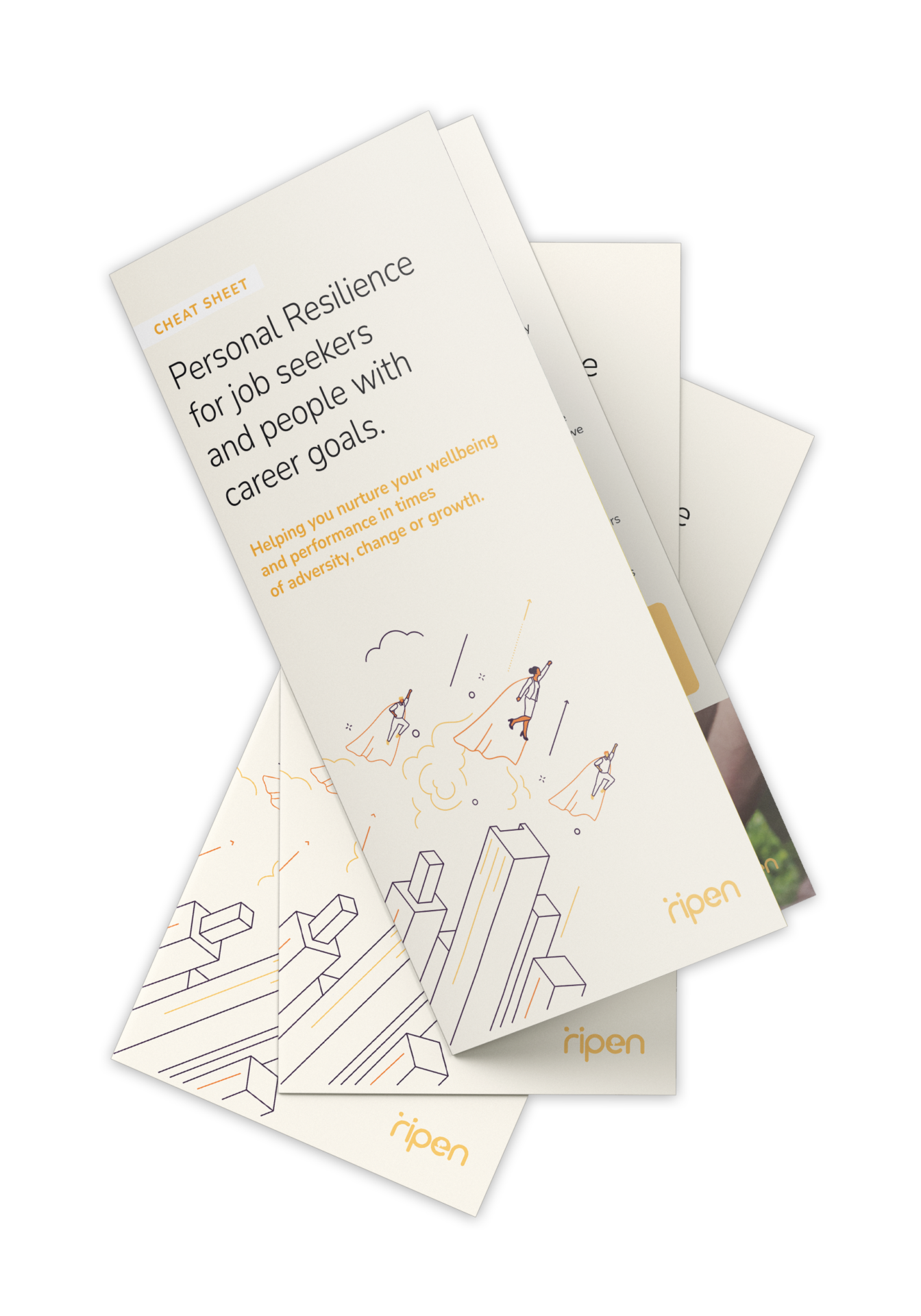During decision making we are typically deciding between any number of available options, which involves evaluating each option and hopefully making a decision using the most relevant and accurate information available. Many decisions we make however, involve some kind of judgement, such as assessing the probability of something occurring and then deciding how we would feel or respond if it actually happened. For example, if someone considered the risk of having a major car accident to be very high then when buying a car they may be more inclined to buy the safest car they can afford, rather than the fastest or most stylish car. The issue we all face is that major mood states such as sadness, anxiety, anger or happiness have significant effects on our perceptions and therefore our choices. Such emotions can wreak havoc in our judgements and decision making.
Sadness
Individuals in a state of sadness experience the environment as fairly unrewarding and are therefore more likely to be motivated to obtain rewards to make themselves feel better. This leads such individuals to be fairly risk taking. They also tend to have a lower self-worth, which has been found to increase their motivation and tendency to acquire possessions to enhance how they feel about themselves and their environment. Psychologists have even come up with a name for this buying behaviour; ‘Misery-is-not-misery effect’, whereby sad individuals are willing to pay more for certain possessions than others. For example, in a study by psychologists, sad individuals were willing to pay 4 times as much than those in a neutral mood for an insulated water bottle suitable for use at the gym.
Anxiety
Of all the emotional states, anxiety is most consistently associated with pessimistic judgements about the future. Anxious individuals are highly sensitive to thinking about and noticing threatening events and situations in their day-to-day lives. Such individuals have also been found to interpret events and situations as threatening that others may find neutral or even non-threating. This is referred to by psychologists as an interpretative bias. These tendencies lead to those experiencing anxiety being more risk averse (avoiding risks), while their processing of information relative to making judgements and decisions is often inefficient leading them to make unrealistic pessimistic judgements about the likelihood of something happening leading to potentially unfavourable decision making.
Anger
Unlike those experiencing sadness and anxiety, angry individuals have been found to be relatively optimistic about the likelihood of negative events, seeing them as less likely. Angry people have a sense of certainty about what has happened and a perceived sense of control over their present situation. However, anger impairs decision making due to using quick, shallow processing of information relevant to the judgement and situation at hand, rather than using methodical, systematic or analytical processing of information to inform their judgements and decision making.
Happiness (and other positive mood states)
Those experiencing positive mood states such as happiness are more likely to experience what is referred to as optimism bias, which is the tendency to exaggerate our chances of experiencing positive events and to minimise our chances of experiencing negative events, compared to others. As discussed, anxious individuals are more inclined to have less of an optimism bias. Being in a positive mood state is typically found to be more risk-averse, perhaps because when feeling positive we have less need to enhance how we are feeling by obtaining immediate rewards or acquiring possessions to enhance our sense of self. However, positive moods such as happiness have been found to increase the use of low-effort processing and decrease our use of analytical, detailed processing of information. As a result, we can tend to make decisions without considering, or taking time to consider, all the relevant information available.
Having considered how each of these emotions impact our judgements and decision making, below are some suggested strategies for dealing with each.

